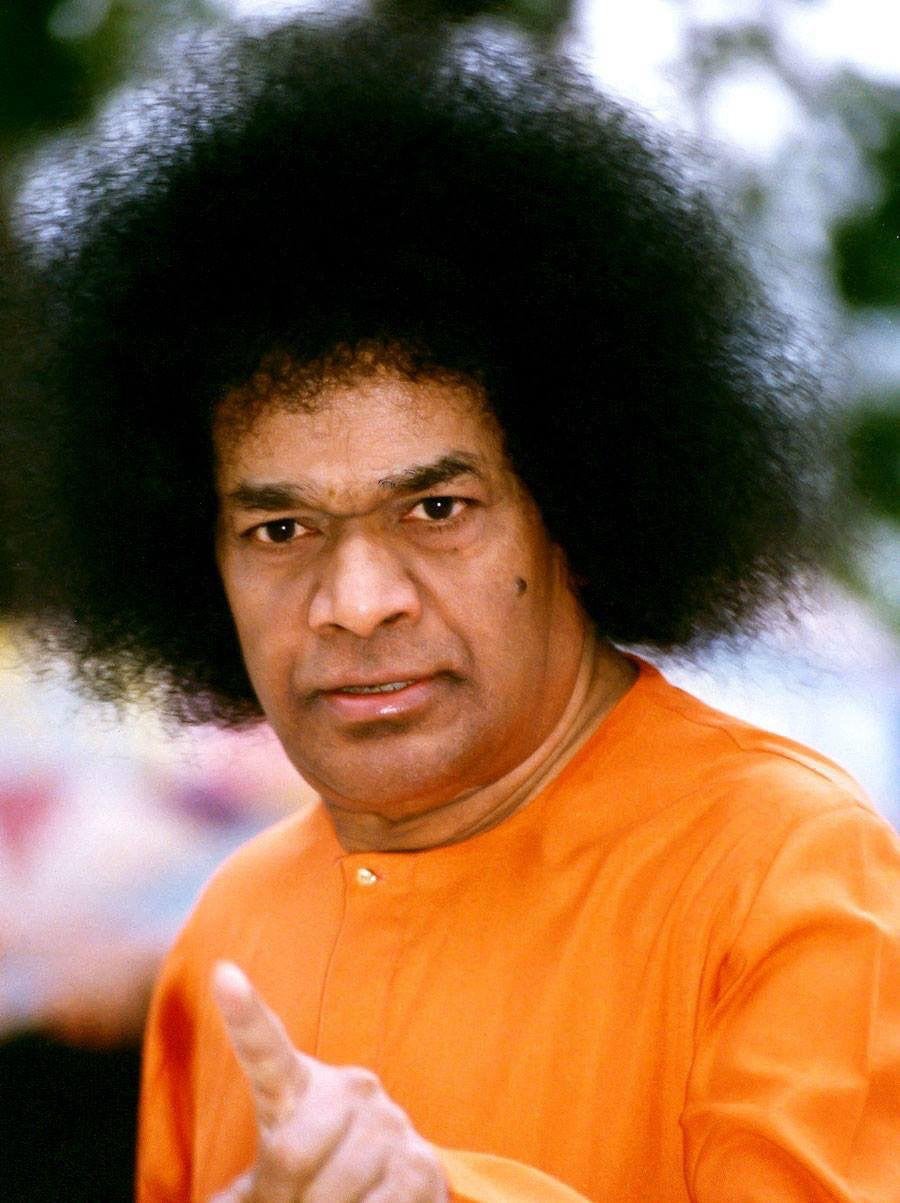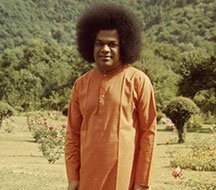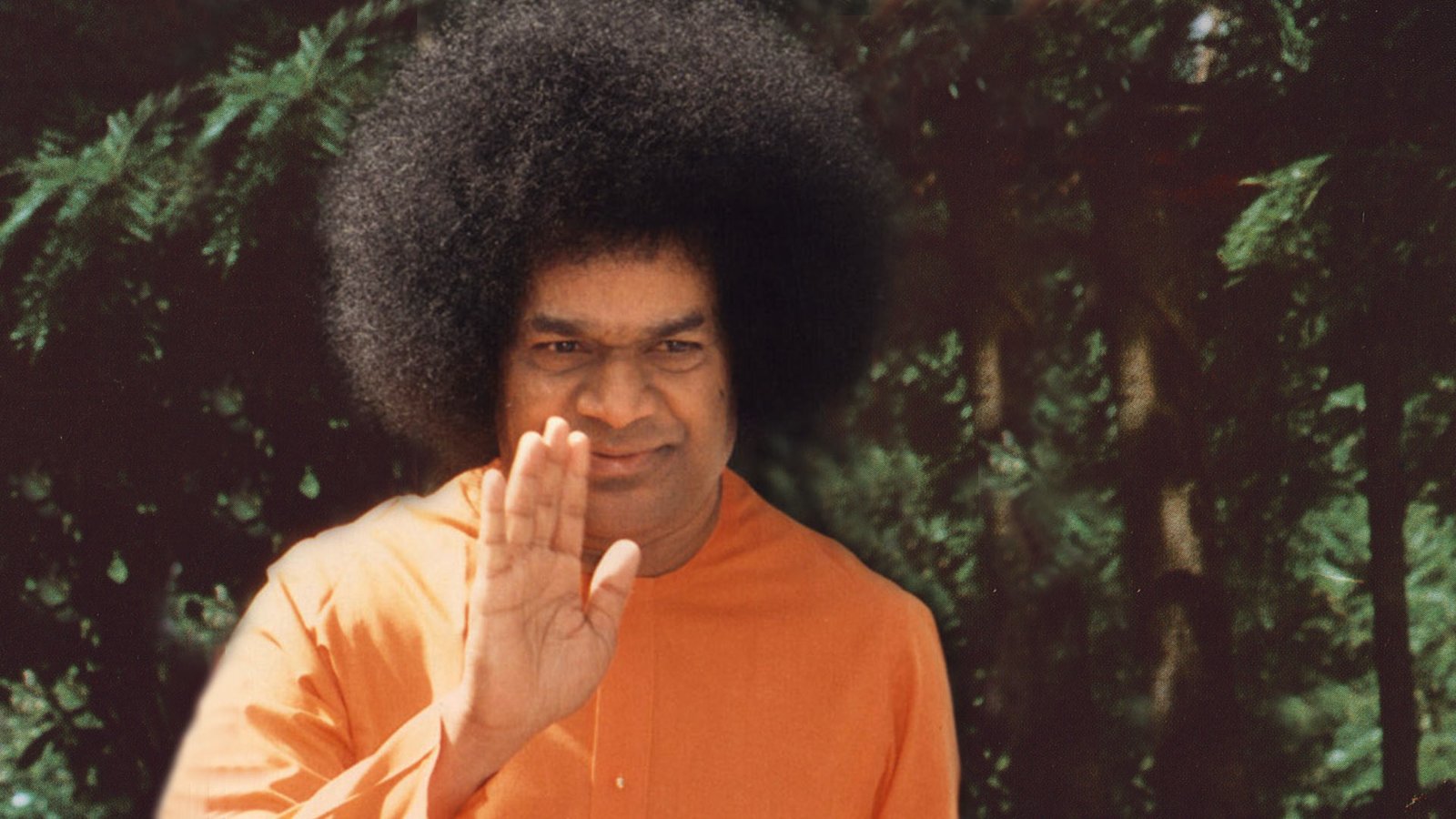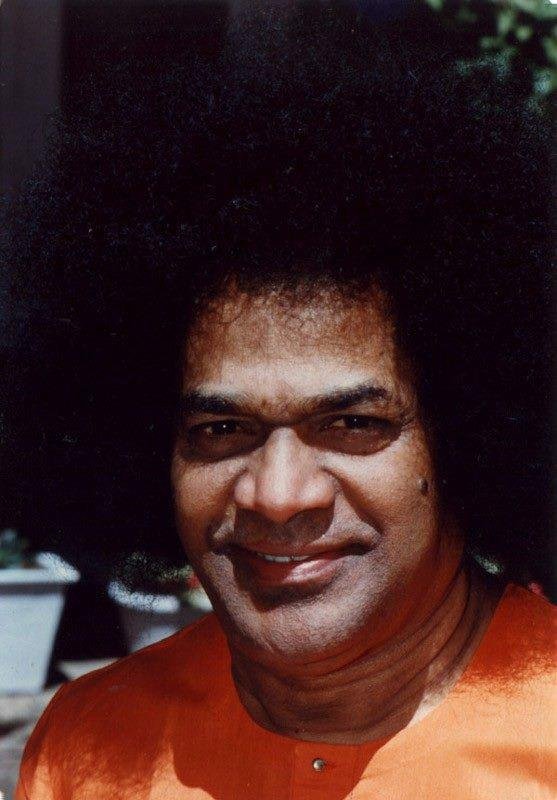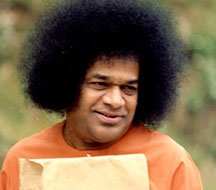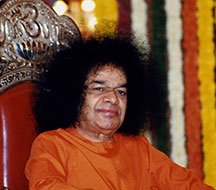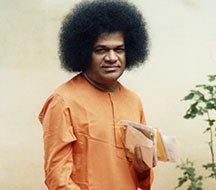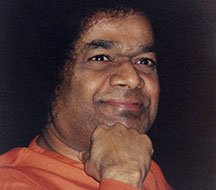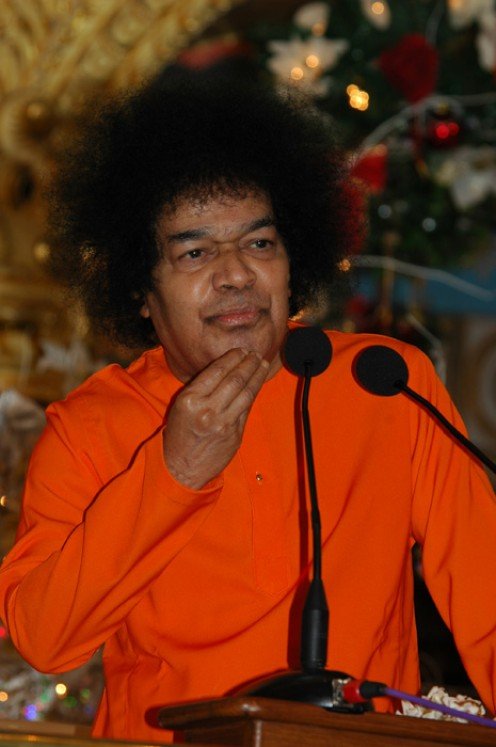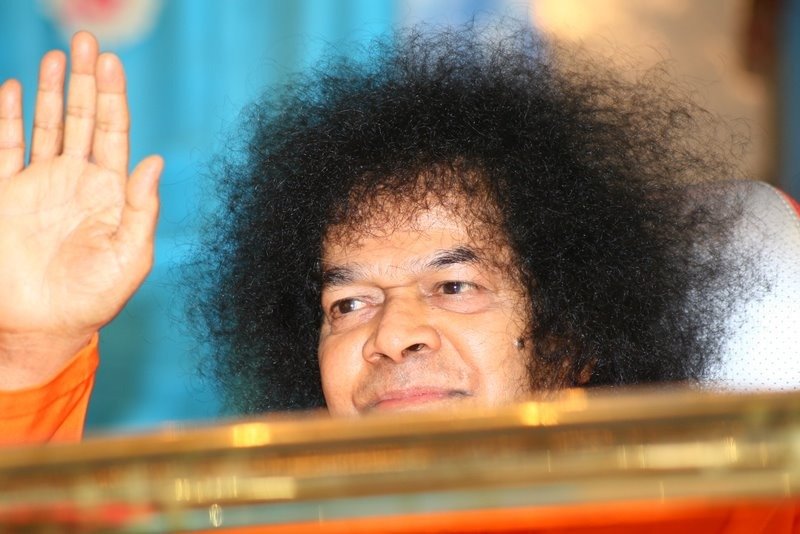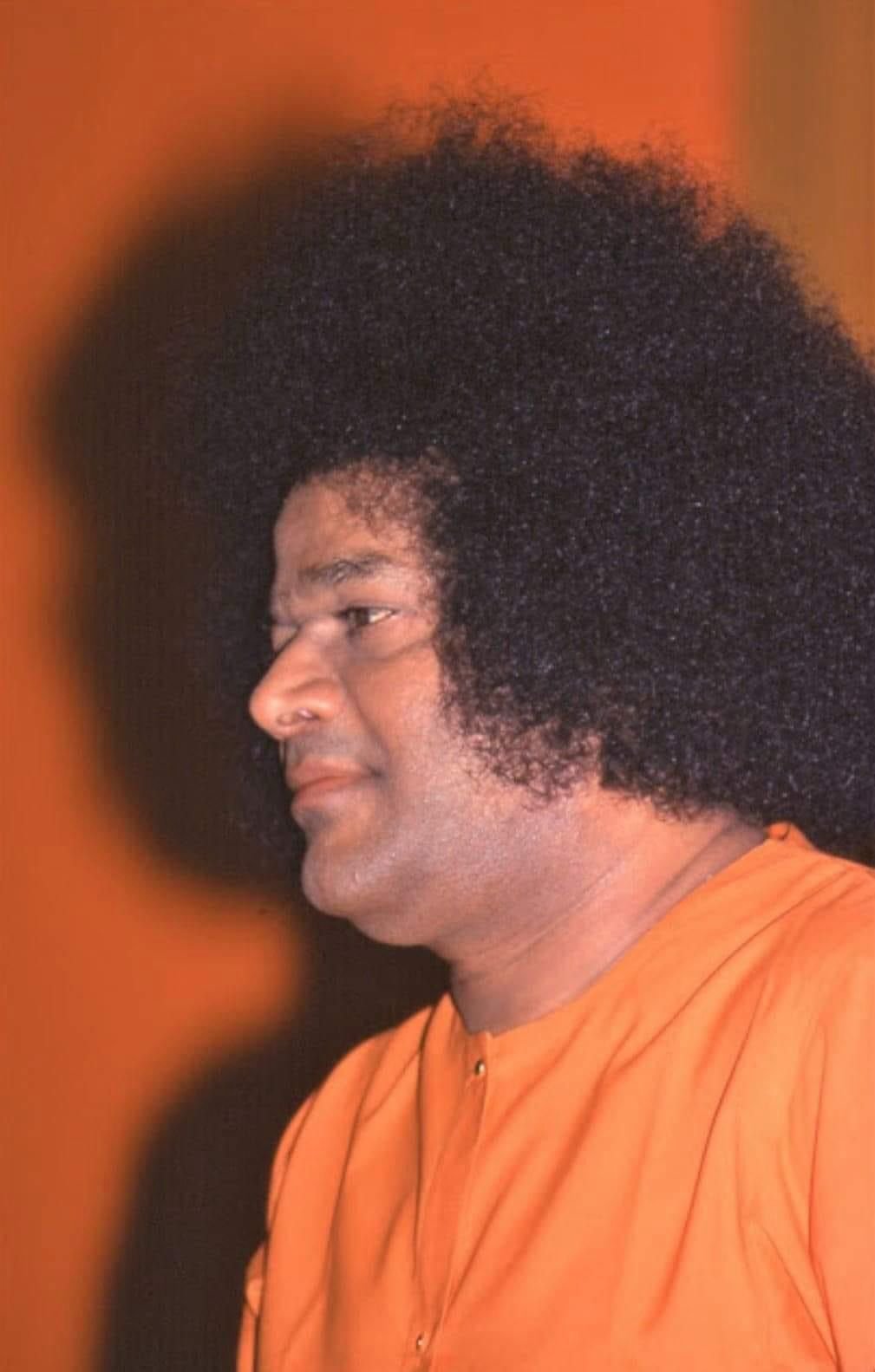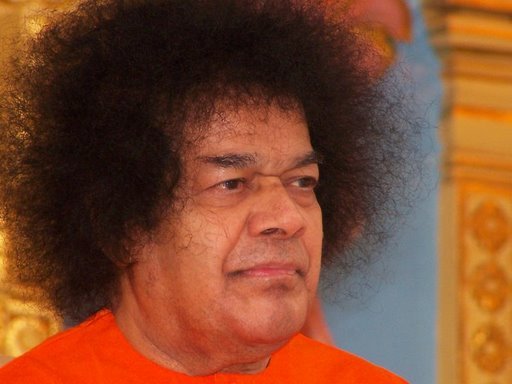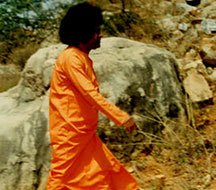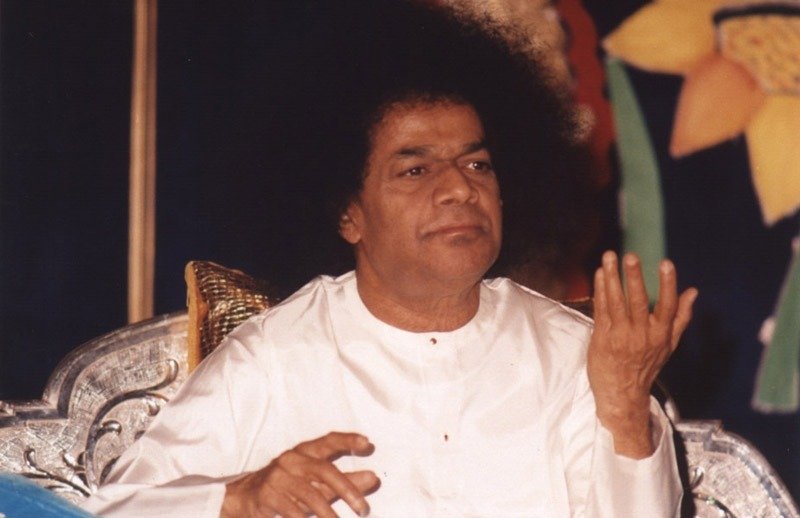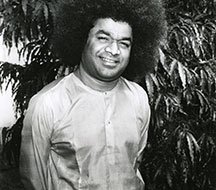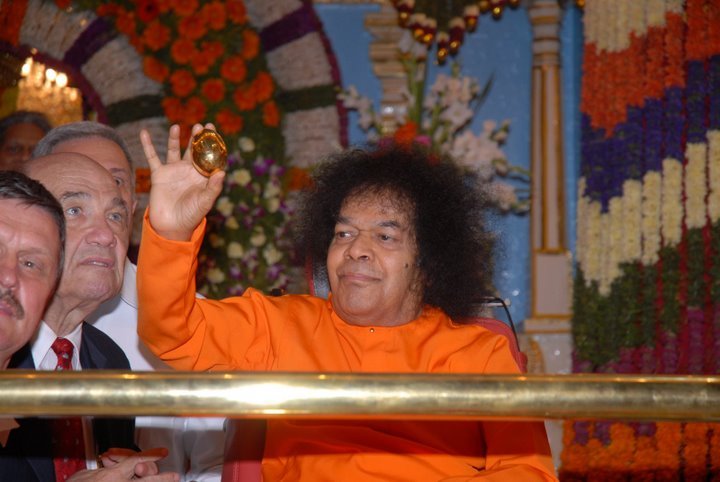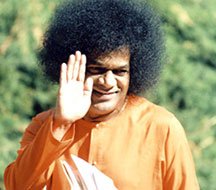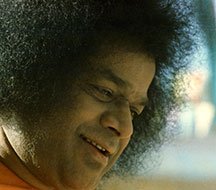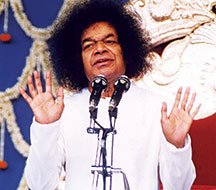Rigveda (ऋग्वेद)
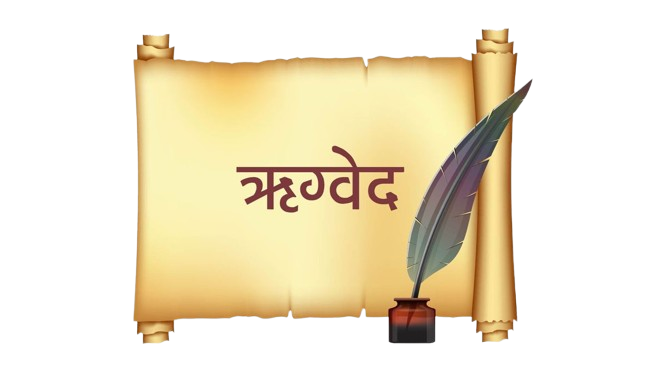
The Rigveda (ऋग्वेद) is the oldest and most important of the four Vedas, composed around 1500–1200 BCE in Vedic Sanskrit. It consists of 1,028 hymns (suktas) divided into ten mandalas (books) and is regarded as the earliest source of Indian spiritual and philosophical thought. The hymns are primarily dedicated to natural deities such as Agni (fire), Indra (thunder and rain), Varuna (cosmic law), Surya (sun), and Ushas (dawn), reflecting the deep connection of the Vedic people with nature. The central idea of the Rigveda is ṛta, the cosmic order that governs the universe and ensures balance and truth. Alongside hymns of praise, it contains profound philosophical speculations such as the Nasadiya Sukta, which questions the origins of creation, and the Purusha Sukta, which describes the cosmic being from whom the universe was formed. The famous Gayatri Mantra also originates from the Rigveda. Beyond rituals and invocations, it marks the beginning of inquiry into spiritual truths, bridging nature worship with deeper philosophical insights. As the foundation of Vedic knowledge, the Rigveda has influenced Hindu rituals, spirituality, literature, and philosophy for thousands of years.
The Rigveda is not only the oldest of the Vedas but also one of the world’s most ancient religious texts, preserving the spiritual vision and cultural life of early Vedic society. Its ten mandalas (books) were composed by different rishis (sages) over many generations and transmitted orally with extraordinary precision. The hymns are composed in highly poetic Sanskrit, rich with symbolism, metaphors, and deep spiritual insight. While many verses praise deities like Indra for strength in battle, Agni for carrying offerings to the gods, or Varuna for maintaining cosmic order, others move beyond ritual to contemplate universal truths. For instance, the Nasadiya Sukta (Hymn of Creation) reflects a profound philosophical spirit, asking whether even the gods know how the universe began. The Purusha Sukta portrays creation as emerging from the sacrifice of the cosmic being, symbolizing unity in diversity and the origins of social order.
The Rigveda also emphasizes the power of sound and mantra, with chants believed to carry spiritual energy that connects humans to the divine. Its verses inspired not just ritual practices but also the development of later Hindu philosophy, yoga, meditation, and Indian classical music. Moreover, it represents an early stage of human thought, where natural phenomena were revered as manifestations of divine powers, yet also questioned in search of deeper truth. By blending hymns of devotion, moral reflection, and cosmic speculation, the Rigveda serves as both a record of early civilization and a timeless guide to spiritual wisdom. Its influence endures in daily Hindu prayers, yajnas (sacrifices), and philosophical traditions, making it the cornerstone of Sanatana Dharma.

